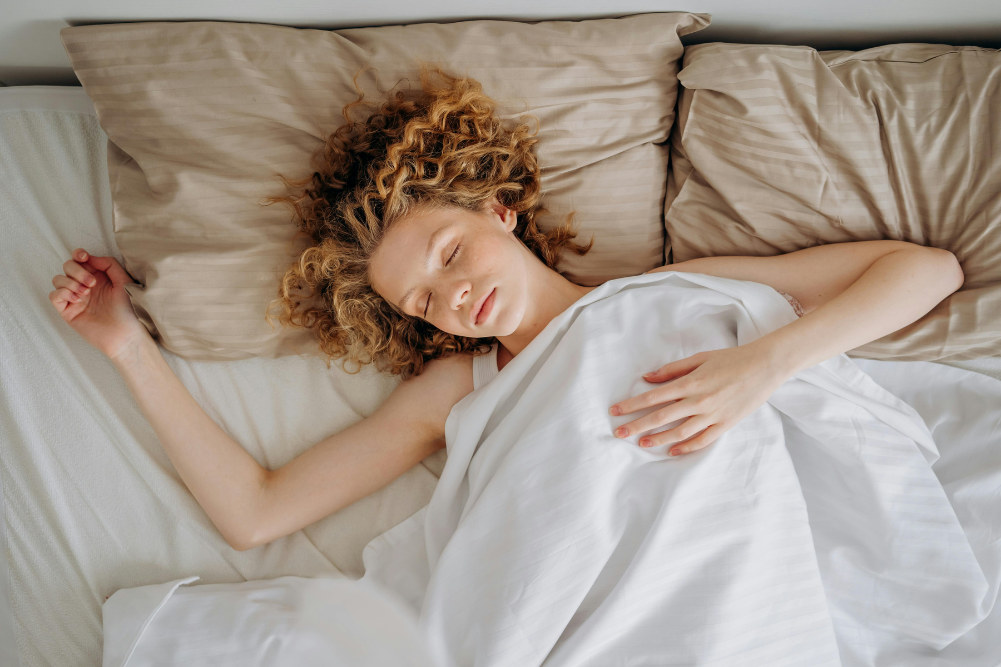Camp o’clock
The joys of camping are without number, aren’t they? You are never lonely because there are the mosquitoes, the ants, the flies and the occasional lethal spider or snake to keep you company. Then there is the joy of toileting among the foliage, using pebbles for a mattress and communal showering. Yes, camping is a font of pleasures and now a new study shows it can be good for your bodyclock too.
For the new study researchers monitored men and women for a week as they went about their normal activities as they worked in a city. The average age of the subjects was 30 years. Then in a second week the subjects were monitored while they went camping in the wilderness without access to flashlights or any electronic devices.
The monitoring of the people included wrist monitors that recorded the amount of light they were exposed to, the timing of the light and the subject’s activities including sleep.
At the end of both weeks the researchers also measured levels of the hormone melatonin, which is a hormone that governs your biological clock.
The results showed that the biological night-time of the subjects began on average two hours later when they were living their normal city lives exposed to electric lighting compared to when they were camping and only exposed to sunlight and campfires. Additionally, in their normal city life people woke up two hours before their “biological night†was finished. In the wild the biological clocks of the subjects synchronised with sunrise and sunset.
Intriguingly, despite a lifetime of exposure to artificial light it only took one week for the body clocks of the subjects to come in line with the natural rhythms. It was also notable that regardless of whether people reported themselves as “night owls†or “morning people†their body clocks got into the same rhythm after a week in the wild.
When your normal circadian rhythms are disrupted, conditions like weight gain, impulsivity, slower thinking and depression can result. We can all be exposed to light all the time if we want to but that has physical and mental consequences. So despite all the challenges camping may pose to your urban sensibilities, a few days under canvas every now and then may be the “reset†that your bodyclock needs.







